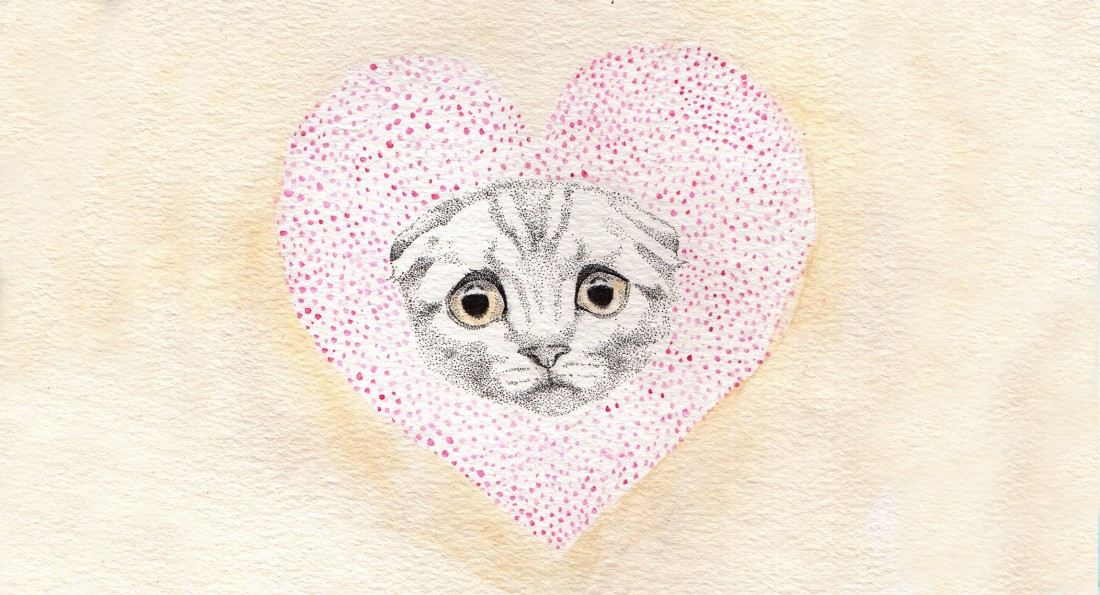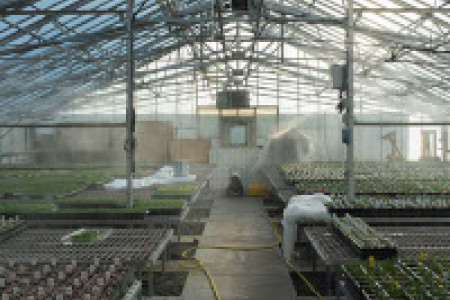A Cruelty Free Beauty Routine
How to choose animal-friendly self-care
For customers who don’t want to support animal testing, it can be difficult to muddle through many empty buzzwords, such as “natural” and “cruelty free,” that companies use to benefit from this movement without actually changing their products.
“Consumers need to be aware that labels that read ‘cruelty free’ and ‘not tested on animals’ may not always mean what we think,” Louise Vargas, owner of SoGa Artisan Soaperie, says. “As no government agency currently defines these terms, nor sets standards for their usage, it is left to each company to determine what its cruelty free label means.”
Though it may sound natural to use the terms cruelty free and vegan interchangeably, it’s important to note they are not synonymous.
For example, a red lipstick may be free of carmine, an insect-derived dye, but if the brand that distributes the lipstick sells to China, it will have been tested on animals because of product regulations in that region.
Similarly, palm oil is a plant product, but palm oil plantations are a threat to endangered wildlife, most notably orangutans.
It can be overwhelming for consumers when they can’t buy their favourite products guilt-free, Dandizette cosmetics owner Alicia May says.
But there are brands and self-described makeup geeks who are there to answer the call.
Many spent time on Reddit cosmetic forums to find out what was lacking in the indie beauty industry.
“I saw a lot of frustration with a lot of potential customers,” May says. “It’s just easier to accommodate people from the very beginning.”
Going cruelty free takes dedication, but it’s not impossible.
“When we first decided to build SoGa up as a business, we took a hard look at our supplies and realized the unseen cost of some of the ingredients we were using,” Vargas says. After heavy research and careful reformulation, SoGa has been cruelty free since 2014.
Animal testing is not only cruel, it’s unnecessary, May says.
“Honestly, almost all products and cosmetics for the past 50 years have been used over and over again,” May says. “We know they’re safe.”
There are ways to identify vegan and cruelty free brands.
SoGa is a member of the Leaping Bunny Program and recommits to it annually. This means her products adhere to its Corporate Standard of Compassion for Animals.
May is working toward her certification with the program.
Leaping Bunny is a well-respected program with a more selective process than PETA, but it’s important to note that not all of the companies on their list are 100 per cent vegan.
Vegan Action has a certification label, and customers interested in going vegan or cruelty free can check them out online.
Going beyond the label is important for the ethical shopper, but there are certification programs that can guide consumers.
Published in Volume 71, Number 2 of The Uniter (September 15, 2016)






